Why Most Small Business Budgets Don’t Work (And What to Do Instead)
Let’s be real: traditional budgets weren’t built for real-world entrepreneurship. They assume everything goes according to plan—no missed invoices, no late product launches, no sudden drop in sales or surprise hire you weren’t budgeting for.
If you’ve ever created a budget, felt good about it, then promptly ignored it for the rest of the year… You’re not alone.
And you’re not doing anything wrong. You’re just using a tool that wasn’t built for the way modern businesses actually operate.
The Problem with Traditional Budgets
Most budgets are static. You build them once (usually in December), lock them in, and hope for the best.
But running a business? That’s anything but static. Markets shift. Customer behavior changes. New expenses pop up. Your biggest client might churn next month—and your team might double the next quarter.
When your budget can’t flex with reality, it becomes a glorified spreadsheet. It looks nice, but it’s not helping you make better decisions.
So What Actually Works?
Enter: Rolling forecasts, dynamic planning, and scenario modeling.
These are the tools we use at FinSight Horizons to give business owners what they really need: a living, breathing plan that moves with your business.
3 Budget Alternatives That Actually Support Growth
1. Rolling Forecasts
Instead of setting a 12-month plan and forgetting it, a rolling forecast updates monthly or quarterly. You’re always planning 6–12 months ahead, based on what’s actually happening now.
✅ More agility, fewer surprises.
2. Cash Flow-First Planning
Start with what you really care about: how much cash is coming in, going out, and available for growth. This approach prioritizes runway, liquidity, and flexibility.
💡 Great for bootstrapped and early-stage companies that need to watch every dollar.
3. Scenario-Based Strategy
Instead of building “one budget to rule them all,” build 2–3 simple scenarios:
What if sales drop by 20%?
What if we hire earlier than expected?
What if that new product takes off?
🔍 Planning for what could happen helps you respond faster when it does.
You Don’t Need a Finance Degree to Plan Smarter
You just need:
The right tools
A clear picture of your business
And a plan that can keep up with your pace
That’s where fractional FP&A comes in.
At FinSight Horizons, we partner with founders to build flexible plans, track what matters, and bring strategy to your numbers—without the corporate fluff.
If Your Budget Isn’t Helping You Make Decisions, It’s Not Doing Its Job.
Want to build a smarter system? Let’s talk.
📅 Book a 15-minute consult below
🌐 Or visit www.finsighthorizons.com to learn how we can help you grow with confidence.

